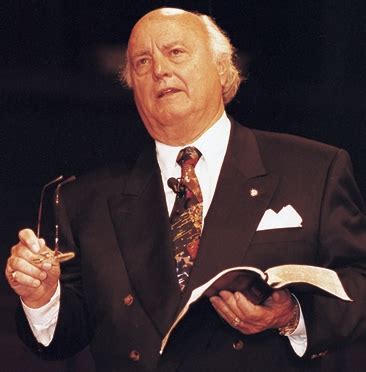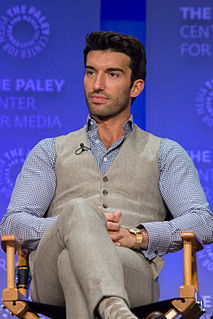A Quote by Harriet Lerner
Believing that all women should want to be mothers makes about as much sense as believing that all men should want to be engineers.
Related Quotes
I don't know if God would agree with me, but believing in God is kind of unimportant when compared to believing in yourself. Because if you go with the idea that God gave you a mind and an ability to judge things, then he would want you to believe in yourself and not worry about believing in him. By believing in yourself you will come to the conclusion that will point to something.
If you look at television shows, which of course are fictional so you don't expect them to be real, but they're constantly showing career women who are also successful mothers and also look gorgeous. And we fall into believing that these fictional lives are somehow accurate depictions of what our real lives should be about.
We don't want to be wounds ("No, you're the wound!") but we should be allowed to have them, to speak about having them, to be something more than just another girl who has one. We should be able to do these things without failing the feminism of our mothers, and we should be able to represent women who hurt without walking backward into a voyeuristic rehashing of the old cultural models.
American feminists have generally stressed the ways in which men and women should be equal and have therefore tried to put aside differences.... Social feminists [in Europe]believe that men and society at large should provide systematic support to women in recognition of their dual role as mothers and workers.
I'm very much for helping create women who are going to be successful women. I don't like women who imitate men, who want to emasculate men. I think women should be feminine. That does not mean a 'air-brain' or someone who is not strong. I think real strength is strength of character, not the ability to push everyone around.







































